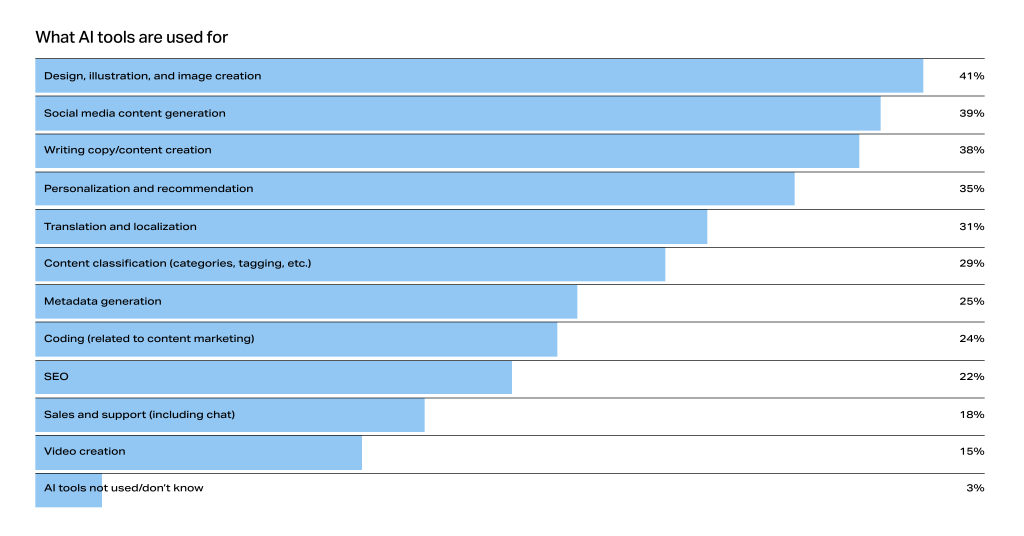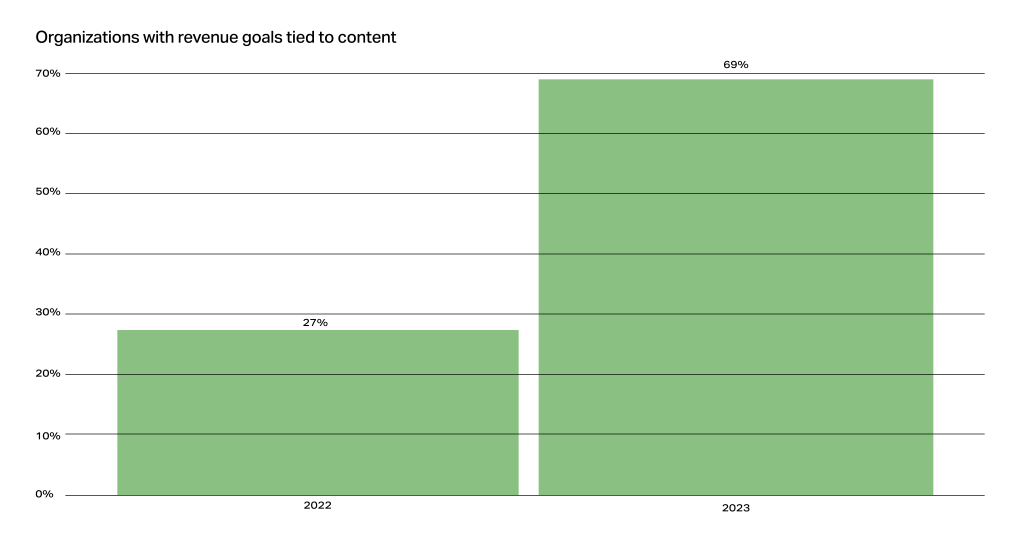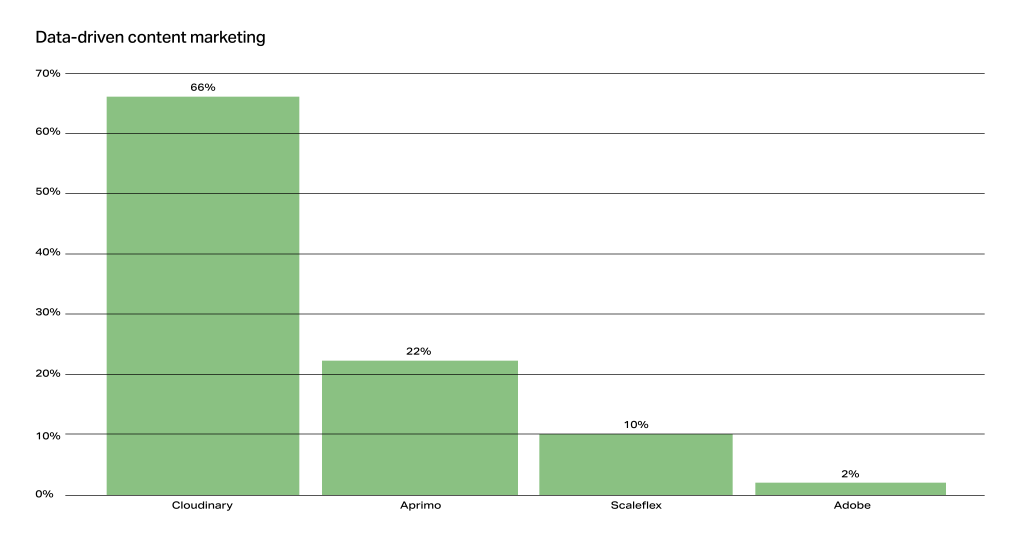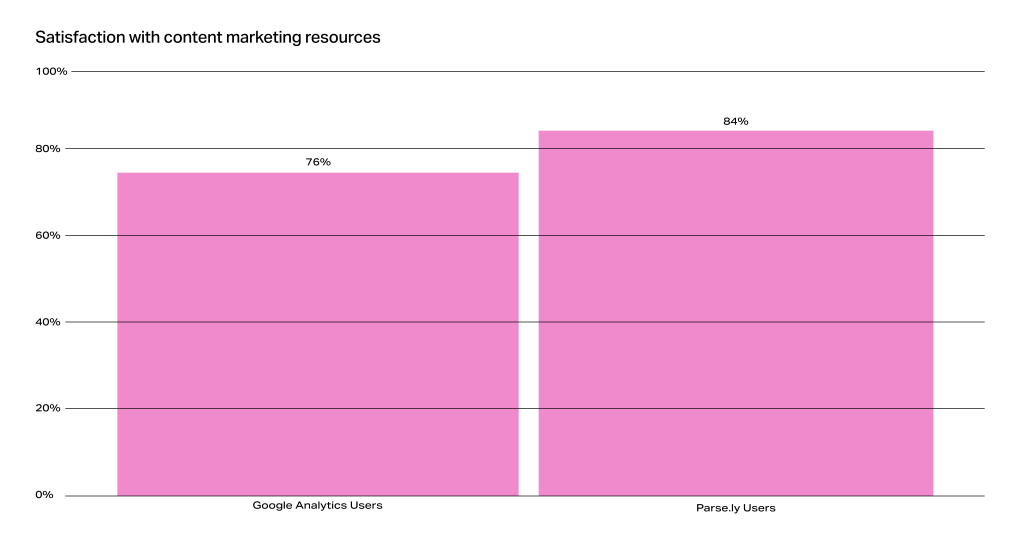Unveiling the Future of Marketing Technology: Insights from the Martech Trends 2023 Report

In the dynamic and transformative landscape of digital marketing, staying ahead of the curve requires a deep understanding of the evolving tools and strategies that shape the industry. Our recently released Content Matters: Martech Trends 2023 Report sheds light on the fascinating trends, patterns, and shifts within the realm of marketing technology.
In today’s hyperconnected world, organizations are increasingly leveraging technology to streamline their marketing efforts, drive revenue growth, and create personalized experiences for their audiences. With the martech ecosystem evolving at an unprecedented pace, our Martech Trends 2023 Report serves as a compass, guiding marketers through the intricate web of tools, strategies, and best practices.
With insights drawn from a comprehensive survey of over 1,500+ marketers, the report not only highlights the current state of martech but also unveils the strategic imperatives that are driving the industry forward.
In this blog, we’ve summarized the key takeaways of the report, highlighting the strategies that successful organizations are adopting to leverage martech effectively.
Key takeaways from the Martech Trends 2023 Report
AI’s dual role
Behind the curtain of AI’s creative assistance lies a substantial role in the content “back end.” According to the report, AI tools are being extensively used for metadata generation (by 25% of respondents), content personalization and recommendation (35%), and taxonomy/classification (29%). This showcases AI’s growing importance in shaping content marketing from both the front and back ends.

The era of AI integration
The surge in enthusiasm for AI tools signals a new era in martech expectations. Platforms without pervasive AI integrations risk losing user engagement. As AI becomes more ubiquitous, users are beginning to expect its seamless integration into their marketing workflows.
Content as a revenue generator

Over the past 12 months, a remarkable shift has occurred: 69% of respondents reported tying revenue goals to content, compared to a mere 27% in 2022. This underscores the rising recognition of content as a potent revenue generator for organizations.
Martech tools for all
As organizations seek to blend “marketing science” with practicality, widespread adoption of martech tools becomes essential. The report highlights the significance of tools like VIP Content Analytics by Parse.ly, which enable non-scientists to work with data effectively. The ability to empower a broader range of professionals with data insights, intuitive publishing tools, etc,. is becoming a competitive advantage.
Content marketing budget resilience
Despite economic uncertainties, the report reveals a surprising trend—content marketing budgets are not only being maintained but are also growing. As organizations recognize the pivotal role of content in their growth strategies, they are sparing no effort to ensure these initiatives are well-funded.
Data-driven organizations
A resounding 66% of respondents hail from data-driven organizations, reflecting the industry’s gravitation toward leveraging data insights for strategic decision-making. Additionally, 22% of respondents indicate their organizations aspire to a data-driven approach, indicating a growing awareness of its importance.

Data-driven and satisfied Parse.ly users
Users of VIP Content Analytics by Parse.ly stand out from the previous trend, with 75% reporting their companies as data-driven, compared to 64% of Google Analytics users. Moreover, 84% of Parse.ly users say they’re satisfied with how their companies resource content marketing, highlighting the tool’s effectiveness at helping make the case for upscaling.

In conclusion: navigating the martech landscape
Our Content Matters: Martech Trends 2023 Report goes beyond a mere snapshot of the current state of marketing technology. We believe it’s a testament to the industry’s evolution and innovation. From AI’s multifaceted role to the newfound focus on revenue-generating content, our findings emphasize that martech is not a passive aspect of marketing strategy—it’s a driving force.
As organizations grapple with the demands of a digital world, martech becomes the linchpin that unites creativity and science. Our findings underscore the significance of AI integrations, data accessibility, and the unyielding commitment to content marketing, even in uncertain times.